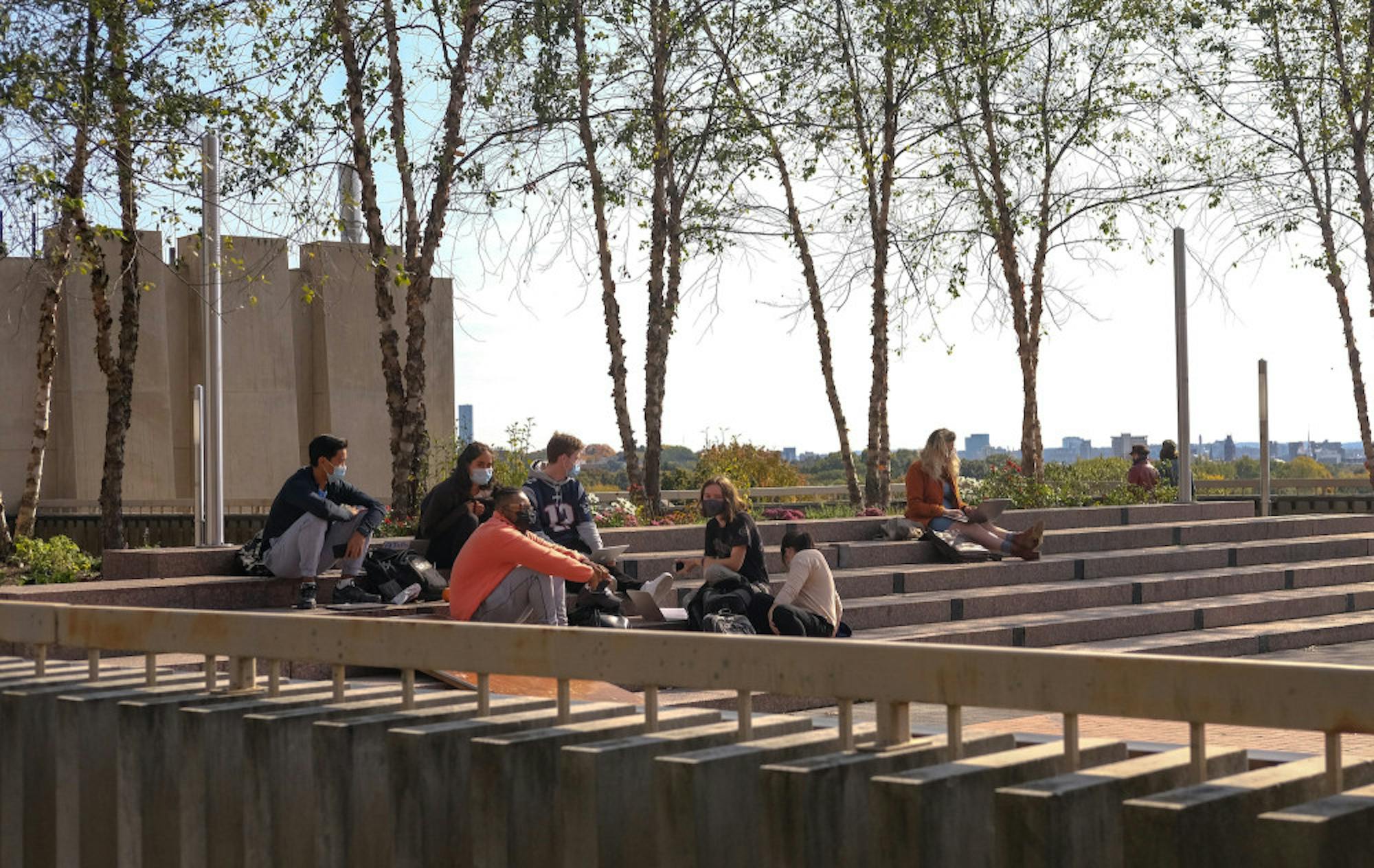Tufts students participating in the school-wide Marriage Pact were notified via email on Nov. 23 of their most optimal “match” on campus. A "marriage pact" is considered to be an agreement between two people in which they decide to marry each other, if they do not marry within a certain period of time.
A document reviewed by the Daily provides details about the Marriage Pact.
“Based on your values, the Marriage Pact algorithmically ‘interviews’ all other participants at Tufts on your behalf to find the best person with whom you could make a marriage pact,” the document reads.
Anne Lau, a senior working on the initiative at Tufts, described her role as a school ambassador for the event.
“The Marriage Pact team wanted to launch at Tufts and so they reached out and tried to find people to serve as seeds to spread the word about the [Pact]. So my housemates and I are like the seeds for it," Lau said. "We put the posters up, we created the Instagram and talked to our friends about it."
By the end of the week, after the Pact was released, up to 50% of the undergraduate student body participated and over 2,950 individuals received matches, according to Lau.
Emai Lai, a senior who collaborated with Lau in bringing the Pact to Tufts, explained that the initiative originated from Stanford University as a project for a marketing design class three years ago.
“They’ve continued doing it at Stanford every year since, and they’ve started branching out to other schools like UVA, Columbia, Yale and Northwestern,” she said.
Given strict guidelines for social gatherings during the pandemic, Lai said that the Marriage Pact could serve as a unique social opportunity for students.
“I think the Marriage Pact came to Tufts at a very important and useful time because with the new COVID rules coming out … everyone’s being isolated in their dorms or some, even in quarantine," she said. "Everyone’s just been feeling a little lonely to some extent and missing social interaction and human connection, whether that’s in person or digitally."
To promote it, Lai explained that the team began numerous advertising initiatives both online and across campus.
“In addition to meeting with the official Marriage Pact people at Stanford, we’ve done a lot of calling up our friends, texting any club group chats that we’re a part of," Lai said. "We have pushed out platforms on Instagram and created a Facebook event … and printed out dozens of posters and put them up around campus."
She also emphasized the team’s efforts to promote safe ways to socialize during the pandemic.
“We came up with six date ideas for meeting your match for the first time in a COVID-safe way. Some of them were play Among Us with your roommates and their matches, or show your match around your hometown on Google Maps,” Lai said.
Because students must complete a questionnaire to indicate their values and preferences, some users have raised questions regarding data use. In response to these concerns, Lai said that the Marriage Pact team does not have access to individuals' data.
“I, nor even our launch Pact team, can go in and see the actual data or answers. I can’t see who got matched with who, I can't see anyone’s individual responses. [The Marriage Pact] makes a clear point in their privacy policy that they’ll never sell the data or use our information against us,” she said.
She noted that the Marriage Pact team specifically included a privacy policy at the bottom of its website to ease such concerns.
Ashley Jones, a first-year, spoke about her own experience filling out the questionnaire and privacy concerns with the Marriage Pact.
“At first, I was [concerned about privacy] because you obviously are divulging very private information about yourself and your preferences, but then I was reaffirmed by a friend who was active on the project that ... even the people who were pairing up partners didn’t have the opportunity to look at your details, so that was reassuring,” Jones said.
Lai expressed excitement at the Marriage Pact's ability to connect students with others on campus.
“It was really cool that we were able to provide some sort of connection and excitement to people on campus, especially freshmen and sophomores who, like a lot of them have expressed, haven’t been able to make friends because they aren’t really leaving their dorms," she said.






